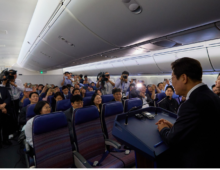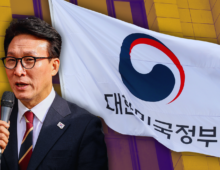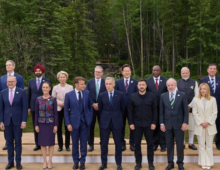A documentary about the nation’s first president becomes a battleground for future narratives amid election fever
In South Korea, the documentary “The Birth of Korea” is attracting significant attention, with one million tickets sold in a nation of about 50 million. This film, which chronicles the life of Syngman Rhee, South Korea’s first president, is emerging as a focal point in the ongoing debate over the nation’s history.
Amid its popularity, the documentary raises critical concerns about the potential distortion of historical facts and its use as a tool for political manipulation. These risks are particularly pertinent given the film’s timing, its widespread endorsement by conservative politicians, and the broader debate over South Korea’s historical narrative.
In South Korea, the documentary “The Birth of Korea” is attracting significant attention, with one million tickets sold in a nation of about 50 million. This film, which chronicles the life of Syngman Rhee, South Korea’s first president, is emerging as a focal point in the ongoing debate over the nation’s history.
Amid its popularity, the documentary raises critical concerns about the potential distortion of historical facts and its use as a tool for political manipulation. These risks are particularly pertinent given the film’s timing, its widespread endorsement by conservative politicians, and the broader debate over South Korea’s historical narrative.
Get your
KoreaPro
subscription today!
Unlock article access by becoming a KOREA PRO member today!
Unlock your access
to all our features.
Standard Annual plan includes:
-
Receive full archive access, full suite of newsletter products
-
Month in Review via email and the KOREA PRO website
-
Exclusive invites and priority access to member events
-
One year of access to NK News and NK News podcast
There are three plans available:
Lite, Standard and
Premium.
Explore which would be
the best one for you.
Explore membership options
© Korea Risk Group. All rights reserved.
No part of this content may be reproduced, distributed, or used for
commercial purposes without prior written permission from Korea Risk
Group.












